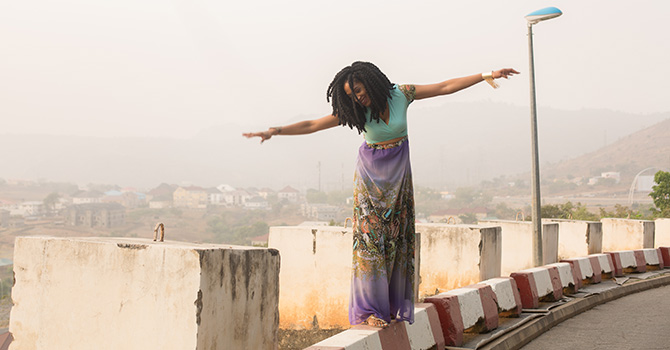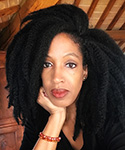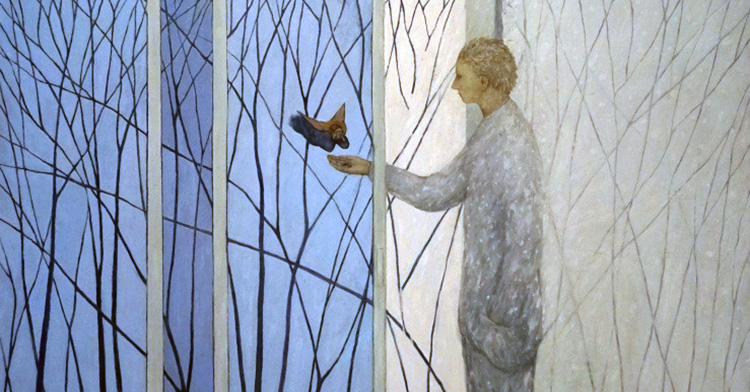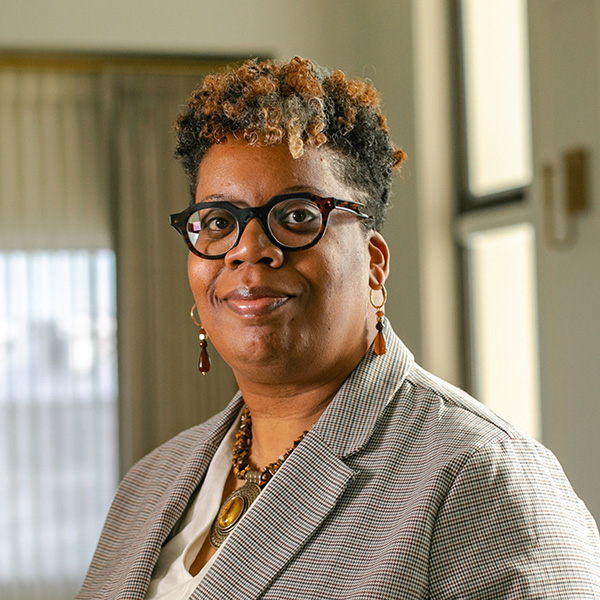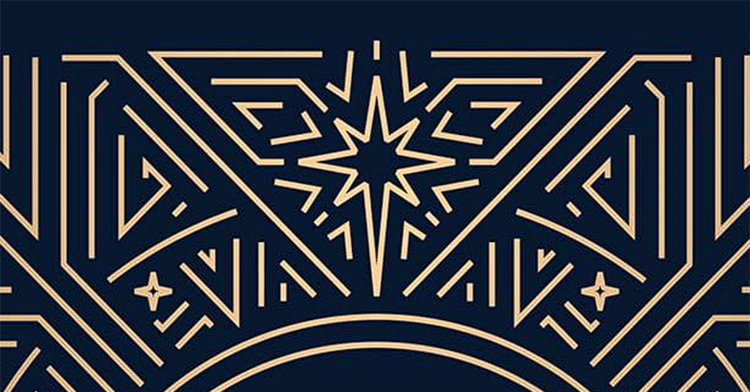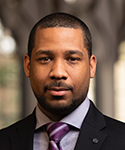“Just give it a year,” he practically pleaded with me. “Don’t give up so soon. Things will get better, I promise.”
Chike, an old family friend, was sitting across from me in a bark-brown rattan armchair at the poolside restaurant of the InterContinental Hotel. It was early evening, but the air was still sticky with heat, and the mosquitoes were moving up and down my leg as though in an “all you can eat” buffet line. I alternated between slapping my leg and swatting at the flies swooning around the lip of my Coke bottle.
Chike was trying to talk me out of leaving the country. Three months had gone by since my relocation across the world from North Carolina to Nigeria, a country that was supposed to be my home. I had never lived there as an adult, but it was the place that had birthed and reared my parents.
I expected to feel an immediate sense of belonging and recognition. I expected that once I moved and people found out I was Nigerian, there would be an effusive and warm welcome to help me settle into a country that I imagined would want to claim me.
But that wasn’t what happened. In my initial months, very little about my environment made me feel that I was at home.
Nothing felt familiar, and to top it off, no one believed that I was Nigerian. I was told on several occasions that I didn’t even look Nigerian.
It had been such a trying few months of culture shock, isolation and unfamiliar infrastructure challenges that I had questioned my decision several times and was seriously thinking of returning to America.
Even though that wasn’t what I necessarily wanted. My move away had also been an intentional leaving of the U.S., a decision to take a break from a country that for many reasons hadn’t felt like a welcoming home in years.
Chike wanted me to wait it out. He wanted me to trust that as time went on and I got more acclimated, I would begin to see my environment with new perspective, and with that, he believed, my experiences would change.
He was asking me to do more than just wait it out. He wanted me to wait with an expectation of positive transformation. Given my feelings and my overall mood, I knew it would require effort and energy to try to wait that way.
I would have to change the way I thought about waiting. Which is what the Advent season invites all of us to do for the four weeks before Christmas: to practice embracing the act of waiting for Christ as an ongoing opportunity for life-giving transformation.
It’s fascinating to me how the experience of waiting can be so different depending on the intention we bring to it. Most of us are habituated to waiting with some level of discomfort. Whether something as commonplace as waiting in a busy line for coffee or something as nerve-wracking as waiting for test results or even something as positive as waiting for a loved one to return home, the experience of waiting is often accompanied by some level of impatience, worry, fear or unrest.
We are not trained to approach waiting as something that may bring with it unexpected gifts of transformation or new life. We are mostly trained to focus on the result of the waiting, on what happens at the end. But that sort of waiting can lead to our missing the beautiful invitations embedded in the process itself.
I did end up taking Chike’s advice and waiting a whole year before making any decisions about moving again. And because I knew I was trying to wait differently than I was used to, I became more inquisitive of my experiences.
Rather than just summing them up as negative or difficult, I started asking more questions of those experiences, and ultimately of myself. When people questioned my identity as a Nigerian, I started asking what it meant to me, a child born and raised overseas, to be a Nigerian, and whether there had to be just one way of identifying as such.
These were not always peaceful or generous moments. But they all led to my growth, and more importantly, to my understanding that sometimes the act of waiting is the very thing that can hone the characteristics needed to accomplish the next thing we’re called to do.
After that conversation with Chike, I stayed in Nigeria for another four years and am now discerning the next move. But I’m still reaping the benefits of that season.
As we begin Advent yet again, it can feel as though we already know all that waiting has to offer us. The next four weeks -- saying the words and praying the prayers and rereading the scriptures -- can feel like going through the liturgical motions. But every season of our lives has us waiting for something. Sometimes it’s the same thing, and sometimes it’s something completely new.
If we find ourselves burned out on waiting, perhaps the life-giving way this year is to offer up the very act of waiting back to God, to practice the discipline of trusting God with the burden of waiting and to sit in the present with the sole intent of being inquisitive about whatever is happening right now.
Maybe we’ll find that the wait is not only essential to the thing we’re waiting for but vital to the next place God is trying to take us.

